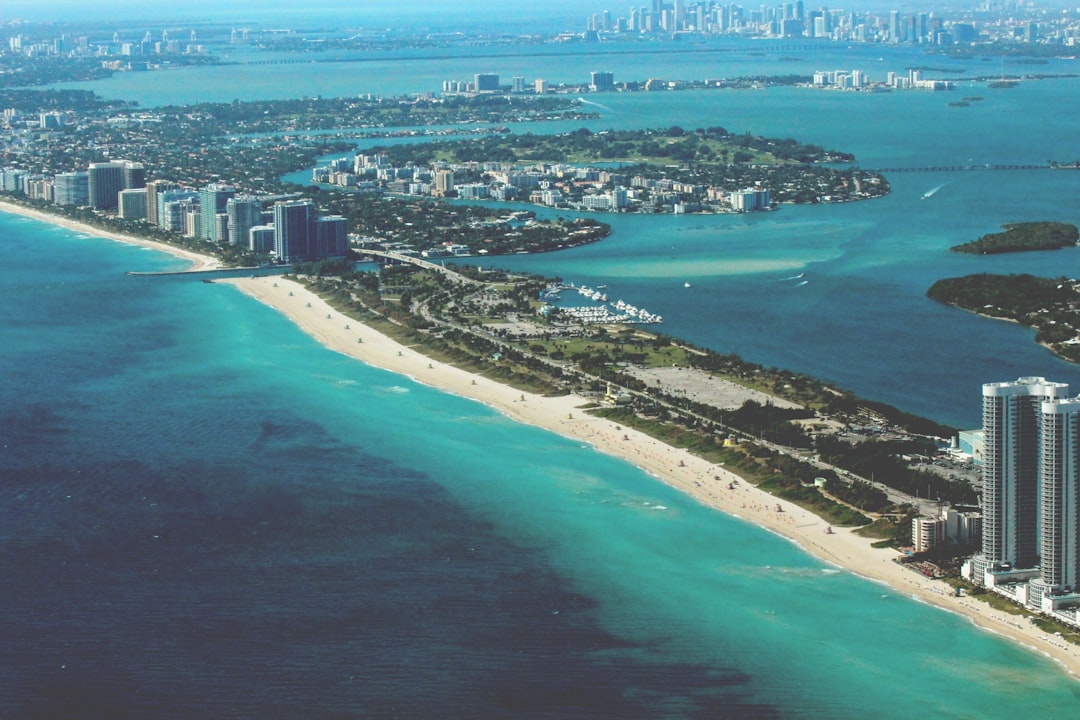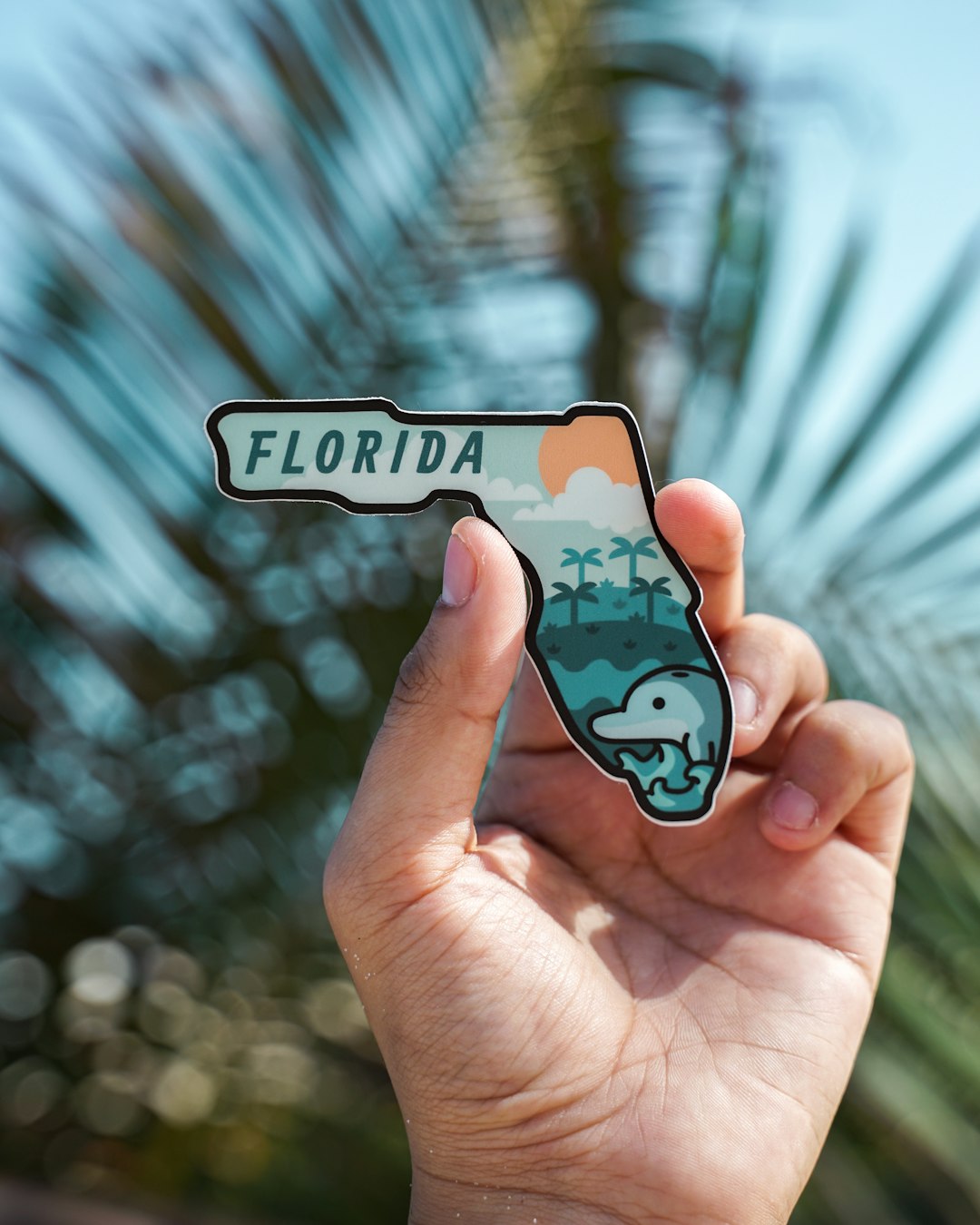The Do Not Call Act in Florida, effective since 2003, protects residents from unwanted telemarketing calls by local and out-of-state firms. Winter Haven residents can register their numbers to block such calls, with penalties for violations up to $40,500 per day. This law empowers citizens to control communication preferences through the National "Do Not Call" Registry, facilitated by Florida's Do Not Call law firms.
“In Winter Haven, as across Florida, the Do Not Call Act offers residents a much-needed respite from unwanted telemarketing calls. This comprehensive guide aims to demystify this vital legislation, equipping Winter Haven folks with knowledge to protect their privacy. We’ll explore who the act affects, how to register your number, and the consequences for violators. Learn the ins and outs of Florida’s Do Not Call law and take control of your communication today, avoiding unwanted calls from law firms and more.”
What is the Do Not Call Act?

The Do Not Call Act (DNC) is a federal law designed to protect consumers from unwanted telemarketing calls. Enacted in 2003, this legislation has been instrumental in reducing the number of unsolicited phone calls residents across the United States, including Winter Haven, Florida, receive on a daily basis. The act establishes specific rules and restrictions for telemarketers, ensuring that callers obtain prior consent from recipients before making sales or promotional calls.
In the context of Florida, the DNC Act applies to both local and out-of-state telemarketing firms, prohibiting them from calling residential phone numbers listed on the state’s “Do Not Call” registry. Winter Haven residents who wish to opt-out of these calls can register their numbers online or through designated state agencies. By doing so, they assert their right to privacy and peace, ensuring their phone lines remain free from intrusive marketing efforts by law firms or any other telemarketers in Florida.
Who is Affected by Florida's Law?

Florida’s Do Not Call law is a comprehensive legislation designed to protect residents from unwanted telemarketing calls. The law primarily affects individuals who reside in the state, specifically targeting businesses and organizations engaged in telephone solicitation activities. Winter Haven citizens should be aware that this law restricts phone calls from certain companies promoting their products or services without prior consent.
The scope includes various entities, such as telemarketers, call centers, and law firms specializing in cold calling. It is crucial for residents to understand their rights under this act to avoid unwanted contact. By registering on the Do Not Call list, Florida citizens can ensure they receive fewer promotional calls, offering them greater control over their communication preferences.
Registering Your Number to Avoid Calls

Registering your phone number with the National “Do Not Call” Registry is a crucial step for Winter Haven residents looking to avoid unwanted telemarketing calls. This simple process allows you to exercise control over who contacts you, ensuring peace and quiet in your home. By registering, your number will be added to a national list that prevents most automated sales calls from reaching your line.
It’s particularly beneficial for those in Florida, where the Do Not Call Law Firms play a vital role in enforcing these regulations. This law gives residents the power to decide when and how they are contacted by businesses. So, if you’re tired of receiving nuisance calls, take control by registering your number today and enjoy a quieter, more manageable communication environment.
Penalties and Enforcement for Violations

Violations of the Do Not Call Act in Winter Haven, Florida, are taken seriously and come with penalties. If a law firm or any organization disregards the restrictions set by this act and makes unwanted phone calls to residents on the Do Not Call list, they can face substantial fines. The Federal Trade Commission (FTC) enforces these regulations and has the authority to impose monetary penalties of up to $40,500 per day for each violation. These fines can quickly add up, especially for persistent or willful infringements.
Enforcement agencies have the power to investigate complaints and take action against offenders. Residents who believe their rights have been violated can file a complaint with the FTC, which may lead to an official inquiry. Law firms engaging in excessive or unauthorized telemarketing calls can expect legal repercussions, including potential lawsuits from affected individuals.






